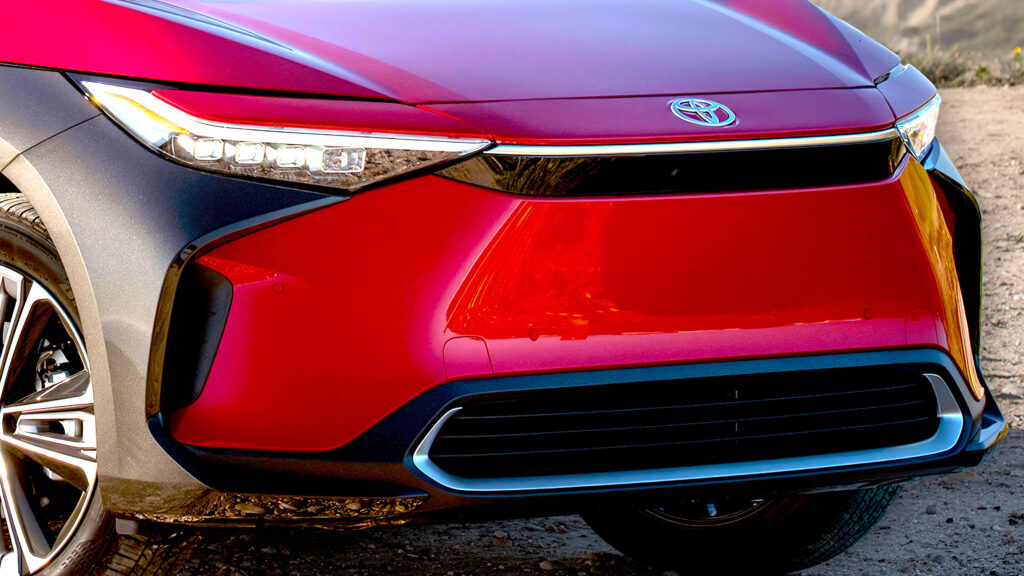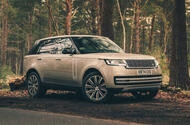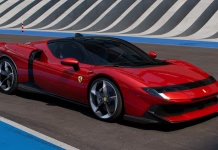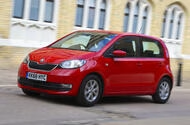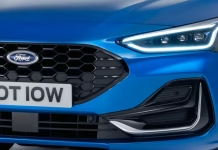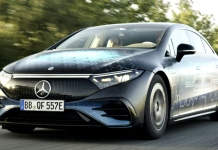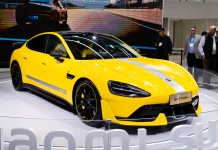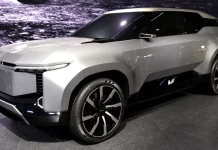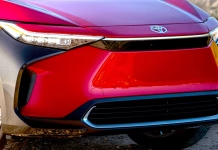Cyber Attack Halts Car Production and Costs British Automaker Millions Daily
 British firm has made no cars since hackers infiltrated its computer systems on 1 September
British firm has made no cars since hackers infiltrated its computer systems on 1 September
JLR could be losing up to £5 million a day in profit as it continues to suffer the consequences of a devastating cyber attack that shut down its operations on 1 September.
The shutdown of car production in the British firm’s two factories in the UK as well as those in China, India and Slovakia means an average loss of 1000 cars a day, based on normalised production figures, according to David Bailey, professor of business economics at Birmingham Business School. That equates to a daily revenue loss of around £72 million, which, based on current profit margins, could severely impact the company’s earnings.
There is still no date for when JLR will be able to resume production. “If output is suspended for much of September, then that could be a £150m profit hit for the firm,” Bailey said. “The longer the shutdown goes on, the bigger the hit to profit and the more likely it is that customers simply decide to go elsewhere.”
While there is never a good time for production to be hit, JLR is in the midst of a profit slump, with margins in the second quarter of 2025 dropping to 4.0% – down more than half from 8.9% during the same quarter the year before – after it was hit by US trade tariffs and slowing sales in China.
At the time of writing, Autocar understands that JLR plant workers are being told they should plan to return Monday 15 September after a two-week layoff – but restarting production is “a complex business”, Bailey said.
The attack has been claimed by a group of hackers calling themselves Scattered Lapsus$ Hunters, who posted pictures on the social media site Telegram purporting to show internal instructions for troubleshooting a car charging issue and internal computer logs.
The attack forced JLR to shut down its computer systems in an attempt to mitigate any data breach, which halted all production.
The slow nature of rebuilding these systems is what is causing the global delays. It is also affecting dealers, who are having to manually register cars, can’t order parts, can’t code new parts and in some instances are unable to complete customer handovers.
Despite the system shutdown, JLR last week admitted that data was “affected” following the attack. While it wouldn’t confirm further details, this suggests customer details were stolen.
Potential cyber attacks are at the forefront of the mind of every chief information officer (CIO) in the automotive industry. Every year, consultantcy Gartner runs a survey in which it asks them to rank their investment priorities, and Pedro Pacheco, its global senior director for automotive and smart mobility, told Autocar: “Cybersecurity usually comes number one or number two. It has been quite consistent for the past five years.
However, automotive CIOs often find it hard to push for more investment in cybersecurity, especially now, as industry leaders prioritise saving money in order to ride out the current global instability.
Pacheco explained: “It’s never easy to demonstrate the return on investment on cybersecurity. It’s a very human thing. It’s like the individual who smokes and eats badly: they never think they’re the ones who are going to be affected.”
That could change after the JLR attack, which has become the most prominent and debilitating operational hack of a car maker in recent years.
A company having vulnerabilities in its operational software doesn’t mean there are issues with the software in its cars, but the company’s overall attitude to the digital transition could be a pointer to how seriously it takes cybersecurity.
JLR was ranked bottom in Gartner’s recent Digital Automaker Index 2025, in which the consultancy assessed car makers on their software priority and how advanced their digitally led vehicle technology was.
“The whole thing is intimately related,” said Pacheco. “When car makers struggle to become better in terms of software, it’s inherent this will also impact cybersecurity.”
Hacking a car maker might well be a lot easier than hacking a car, on the basis that there’s a lot of regulation concerning the latter.
Since 2021, UN Regulation #155 has required a host of rigorous automotive cybersecurity measures in cars, in reaction to them becoming increasingly connected to the cloud (servers located elsewhere).
The consequences could be devastating if a hacker could manage to infiltrate a car to the extent that they could turn off systems or even gain control. But cloud connection won’t be going away, as much as some would prefer the optionof ‘dumb’ cars.
Markus Heyn, chair of mobility at components supply giant Bosch, told an audience at last week’s Munich motor show: “The car is a safety-relevant device, and I think the automotive industry is trying everything in order to protect against any sort of malicious attempts to invade the [car]. But to say the car can’t be connected to the cloud any more cannot be the answer.”
While not safety-critical, the attack on JLR is going to have a huge knock-on effect within the business, employees and suppliers while production is paused.
“At some point, the [UK] government may need to provide a financial lifeline to keep the supply chain going,” said Bailey, citing the reactions to past plant closures, including the collapse of MG Rover in 2005 and the impact of Honda production in the UK after a tsunami hit Japanese suppliers in 2011. “It needs to be doing more than just monitoring the situation."
Police Drunk Driving Scandals Exposed How NY Officers Dodged DWI Charges and Kept Their...

Ferrari Testarossa Returns as a Bold 1035 HP Hybrid Supercar
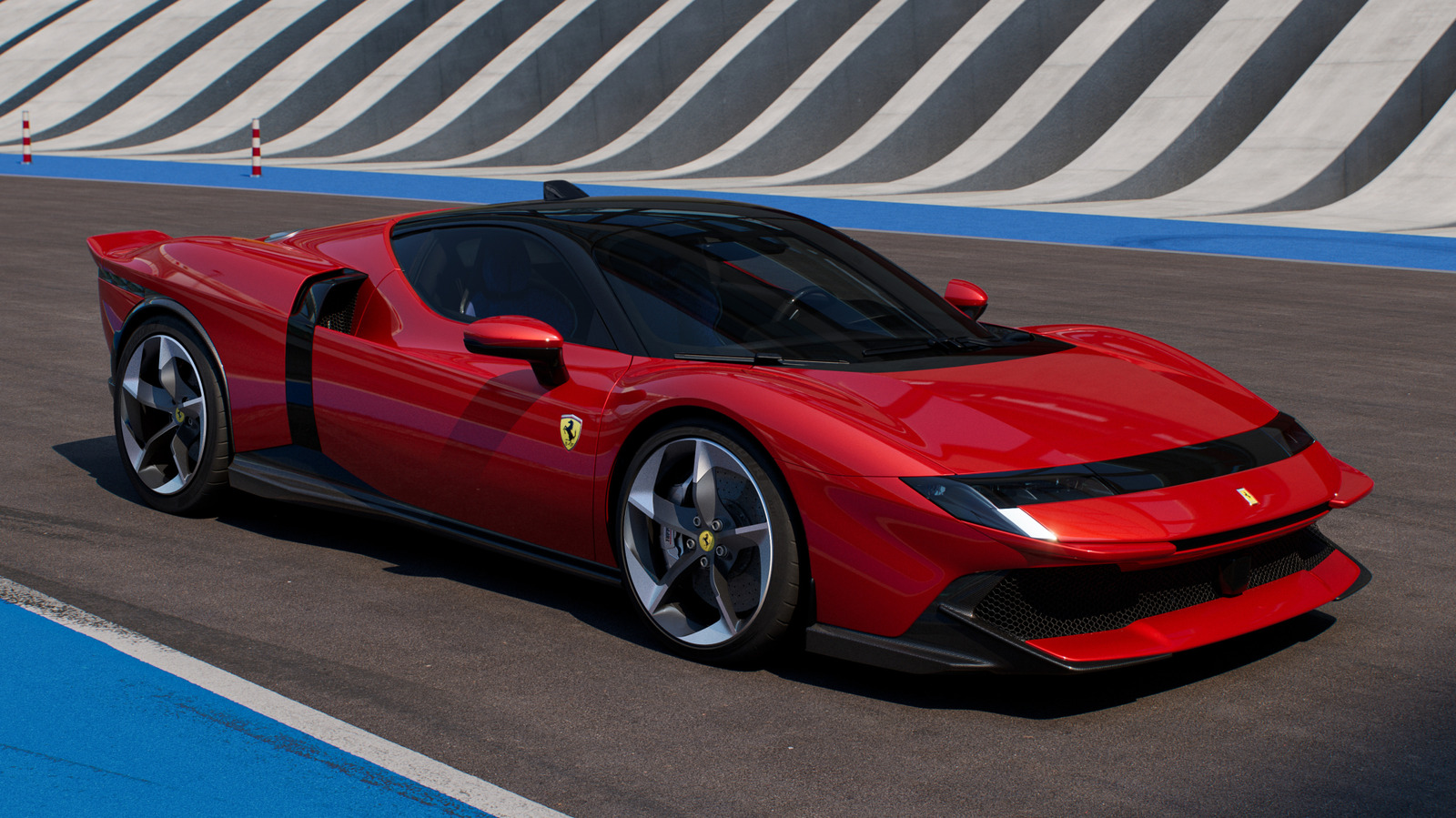
Skoda rules out smaller electric car as Epiq stays smallest EV in lineup
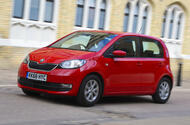
Skoda Citigo was essentially a rebadged Volkswagen UpEpiq crossover will remain Skoda's smallest EV, as it stays focused on ICE cars at the cheaper end of the market
Skoda isn't considering launching an electric car smaller than the forthcoming Epiq in the future, preferring to focus its entry-level efforts on its existing ICE models.
The Epiq will arrive next year using the Volkswagen Group’s new MEB Entry platform, which it will share with the Volkswagen ID Polo, Volkswagen ID Cross and Cupra Raval – all of which will be priced from around £22,000.
While that project has been a joint effort across the Group’s three ‘Core’ brands, Volkswagen is also working on a production version of the ID Every1 concept– tipped to revive the Up name – as an electric city car with a target price of around £17,000.
That has been referred to as purely a Volkswagen brand project, and Skoda boss Klaus Zellmer confirmed that the Czech brand has “consciously designed not to be part of that market”.
He said: “We believe that with the [ICE] Fabia, Kamiq and Scala and the material cost price we can realise in the market, we’re in a strong position".
"We would rather look at the other end,” he added referring to the forthcoming production version of the Vision 7S seven-seat SUV concept.
Zellmer said that the decision made sense because “Volkswagen has always been the brand that covers it all”, adding: “You have to make decisions and say ‘do we want a BEV-only vehicle in that segment or do we believe in the Fabia, Kamiq and Scala being the ones that deliver the most for us in terms of profit and getting our investment back?’.
“In terms of a business model, that's a wise decision to let Volkswagen play on that side. The most importantly thing in the brand group Core is that we don't stand on each other's feet: we want to have a big footprint in the market.”
Skoda will continue to invest in the Fabia, Kamiq and Scala, with sales boss Martin Jahn confirming that some level of hybrid technology will be introduced for the Fabia and Kamiq.
Ford Focus Crossover Set to Shake Up 2027 with Hybrid and Electric Options
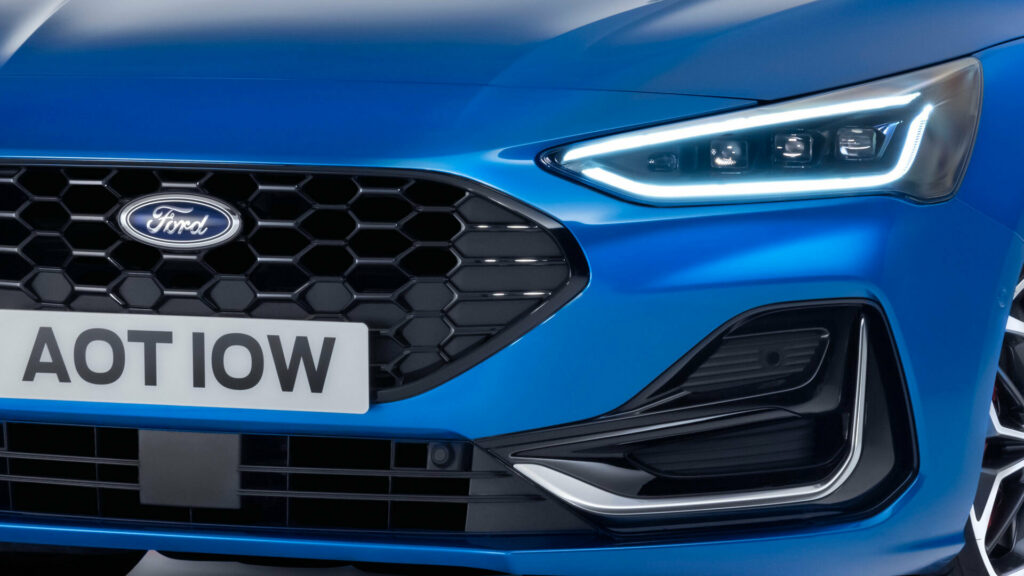
Verstappen Set for Ferrari 296 GT3 Debut with Emil Frey Racing This Weekend
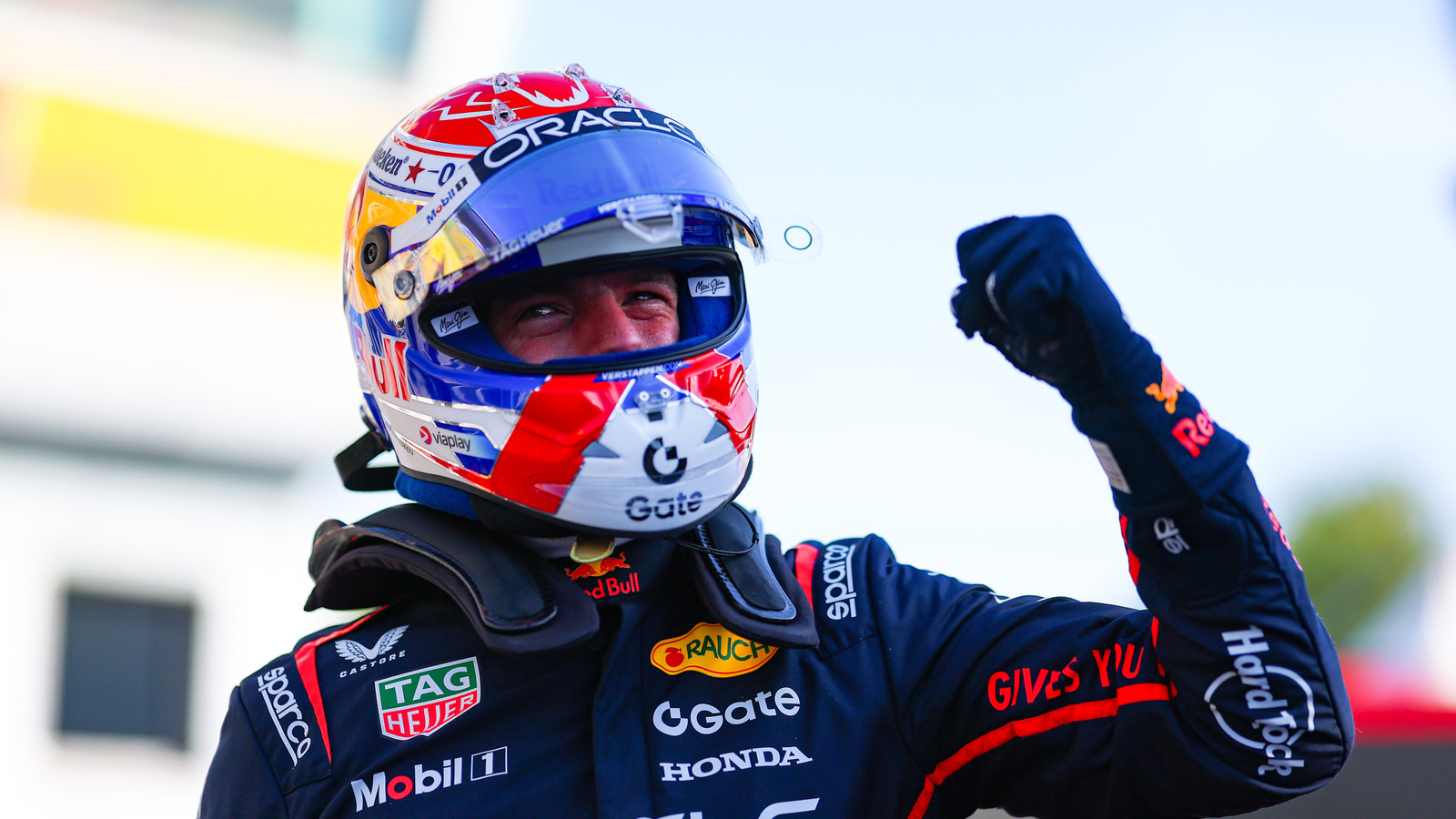
Solid-state battery powers EQS prototype to 748-mile drive without recharging
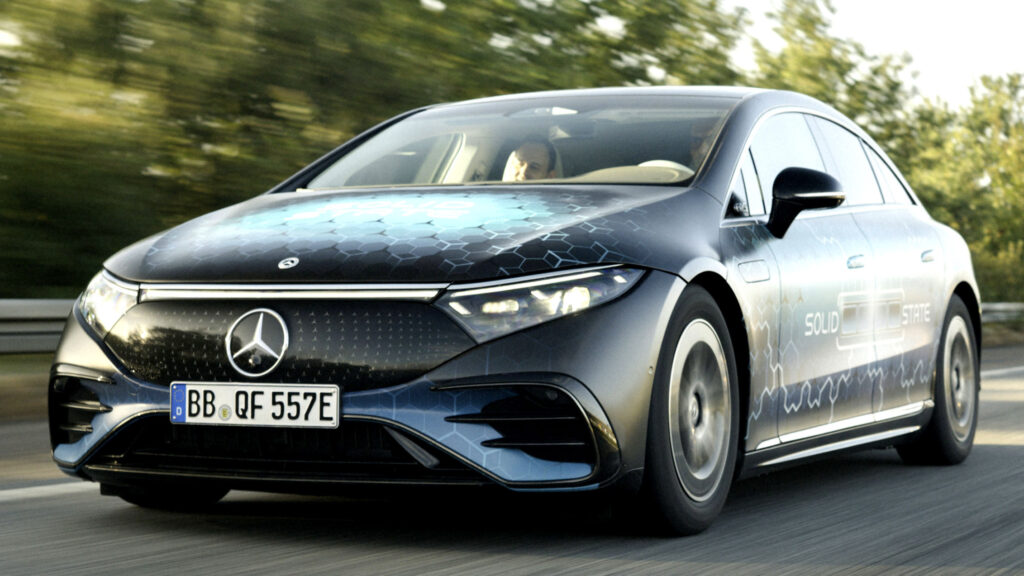
China trade deal boosts Canadian farm sales and lowers EV prices
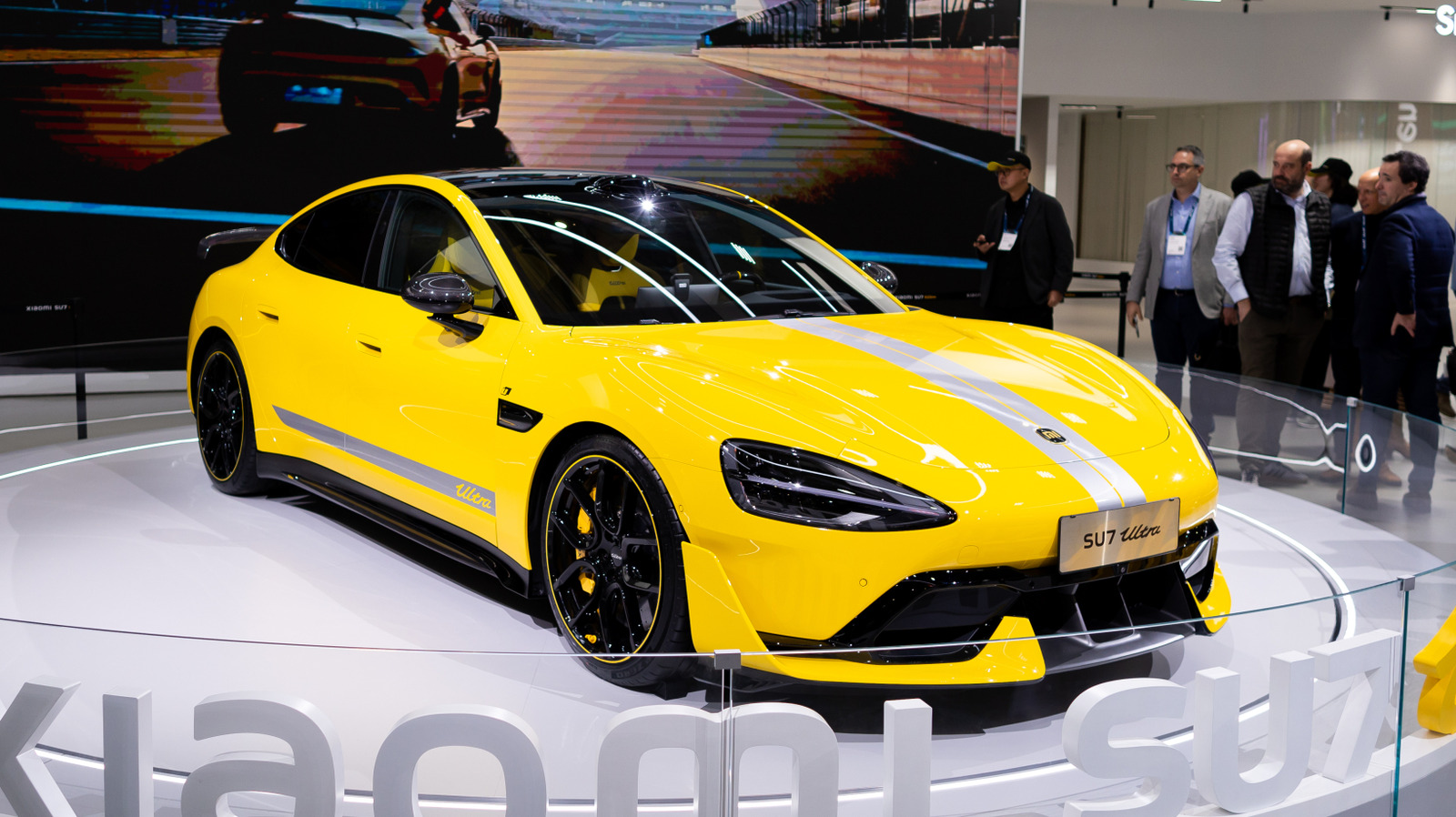
Toyota electric SUVs coming to Kentucky with new Land Cruiser EV and three-row RAV4...
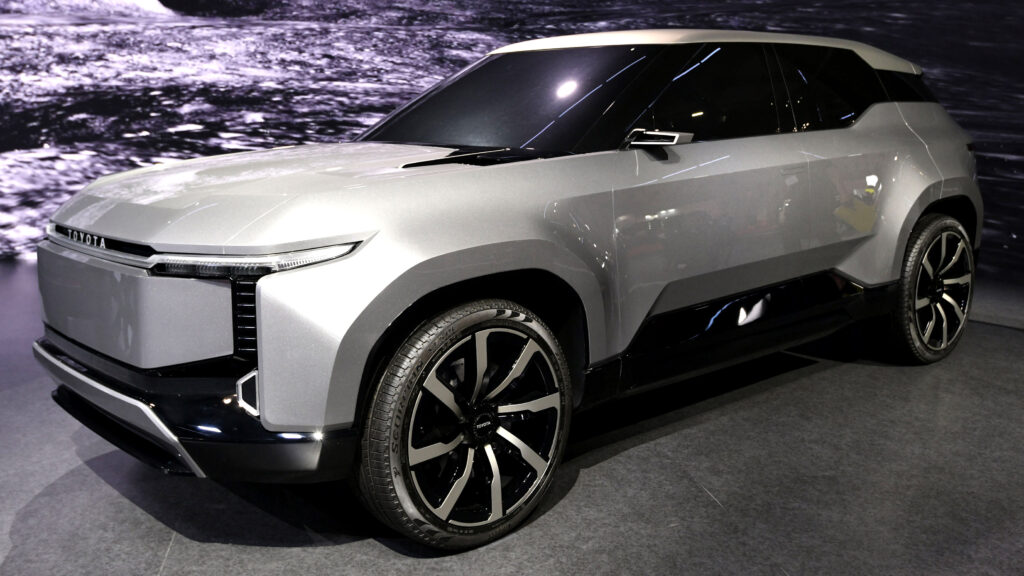
EV Recall Leads to Toyota, Subaru, and Lexus Halting Sales Over Defroster Safety Issue
